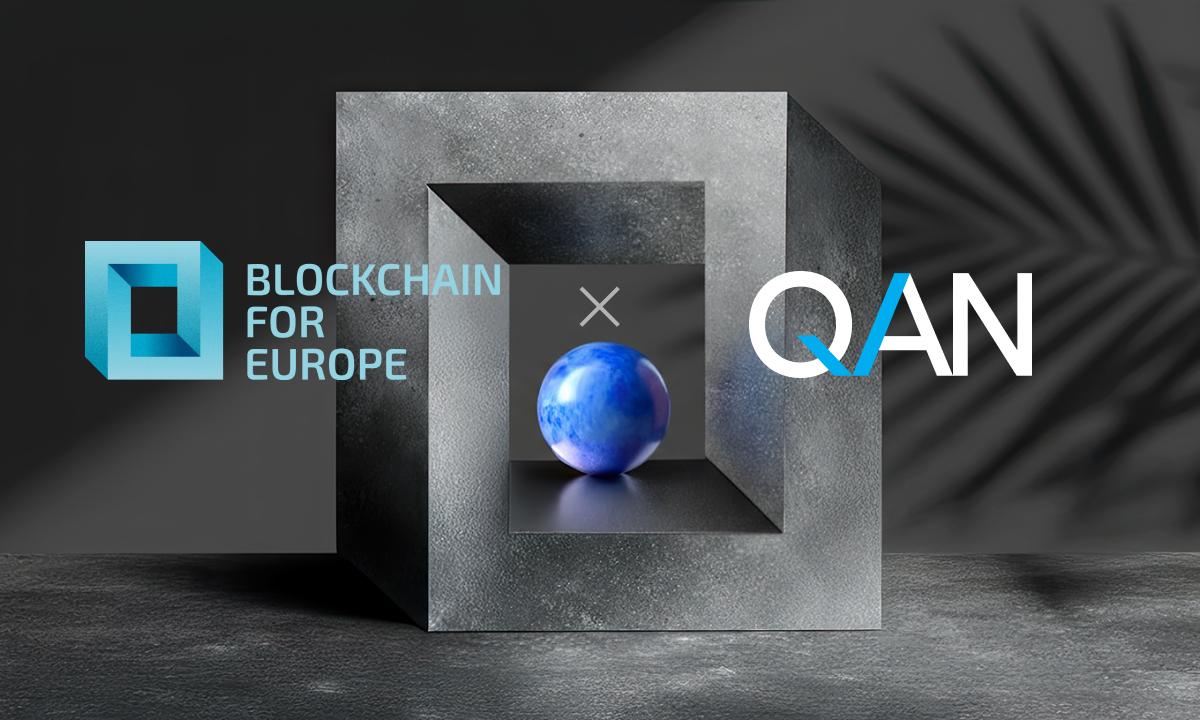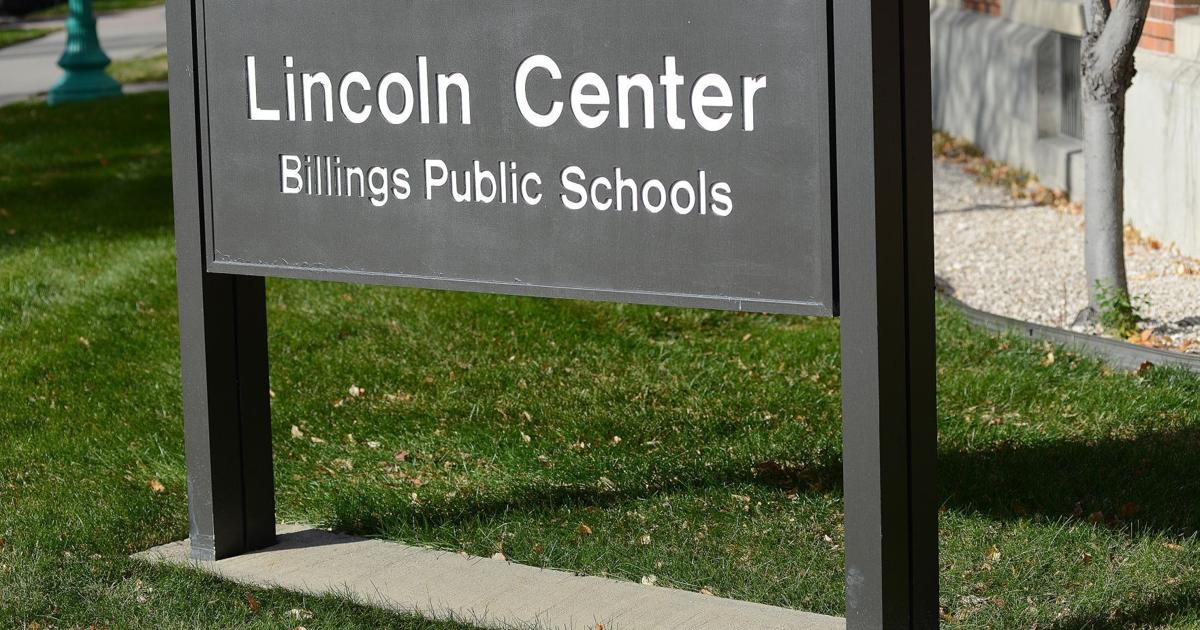Copyright CNBC

Student loan borrowers who recently became or will soon become eligible for loan forgiveness through income-driven repayment plans can breathe easy knowing they won't receive a tax bill for their discharged loans. The Department of Education clarified on Oct. 17 that borrowers who become eligible for loan forgiveness in 2025 will not owe federal taxes on the forgiven amounts, even if their loans aren't officially discharged before the end of the year. That applies to borrowers who earned loan forgiveness by making qualifying payments for 20 or 25 years on the income-based, income-contingent or Pay As You Earn repayment plans. The clarification brings relief to borrowers who were recently notified of their forgiveness eligibility but may still be waiting for their balances to be zeroed out. The announcement comes as part of an agreement between the Department of Education and the American Federation of Teachers, a union, which are battling in court over income-driven repayment plan application backlogs and processing delays. Borrowers who have had their student loans forgiven haven't had to pay federal taxes on the forgiven amounts due to a provision outlined in the American Rescue Plan of 2021. But that provision is set to expire at the end of 2025, and some borrowers feared if they didn't see their loans forgiven by the end of the year, they could face a tax bill in 2026 when their balances are discharged. "The date a borrower becomes eligible to have their loans cancelled under the IBR, Original ICR, or PAYE plans constitutes the effective date of their loan discharge," the agreement says. Though they won't be charged federal income taxes, borrowers in several states may owe state income taxes on forgiven loans. It's important to note that the continued forgiveness processing does not apply to borrowers enrolled in the Saving on a Valuable Education repayment plan, which is currently blocked by federal courts and set to be completely eliminated by President Donald Trump's so-called "big beautiful bill." Borrowers on the SAVE plan who already or may soon qualify for loan forgiveness should switch into the IBR, ICR or PAYE plans before the end of the year, says Winston Berkman-Breen, legal director for Protect Borrowers, which is representing AFT in the lawsuit. The Department of Education will not file a 1099-C form with the Internal Revenue Service for borrowers who meet forgiveness eligibility requirements in 2025, the agreement says. "If [borrowers] do receive a 1099 or other indication that they are being taxed for the canceled amount based on eligibility set in the 2025 tax year, they can file a complaint with their state attorney general to get assistance in determining if the tax form is accurate," Berkman-Breen says. Some borrowers who previously applied for the IBR plan may have been rejected on the grounds that they lacked evidence of financial hardship, which was previously required to enroll in the plan. The Department of Education advises those borrowers to reapply. However, it may take time for those applications to be processed as the department is updating its systems to remove the financial hardship requirement. Additionally, the department is still working through a backlog of over 1 million IDR applications as of the end of August, according to a Sept. 15 court filing. It's unclear whether the ongoing government shutdown will further impact IDR application processing. Want to level up your AI skills? Sign up for Smarter by CNBC Make It's new online course, How To Use AI To Communicate Better At Work. Get specific prompts to optimize emails, memos and presentations for tone, context and audience. Sign up today with coupon code EARLYBIRD for an introductory discount of 20% off. Offer valid Oct. 21 through Oct. 28, 2025. Plus, sign up for CNBC Make It's newsletter to get tips and tricks for success at work, with money and in life, and request to join our exclusive community on LinkedIn to connect with experts and peers.



